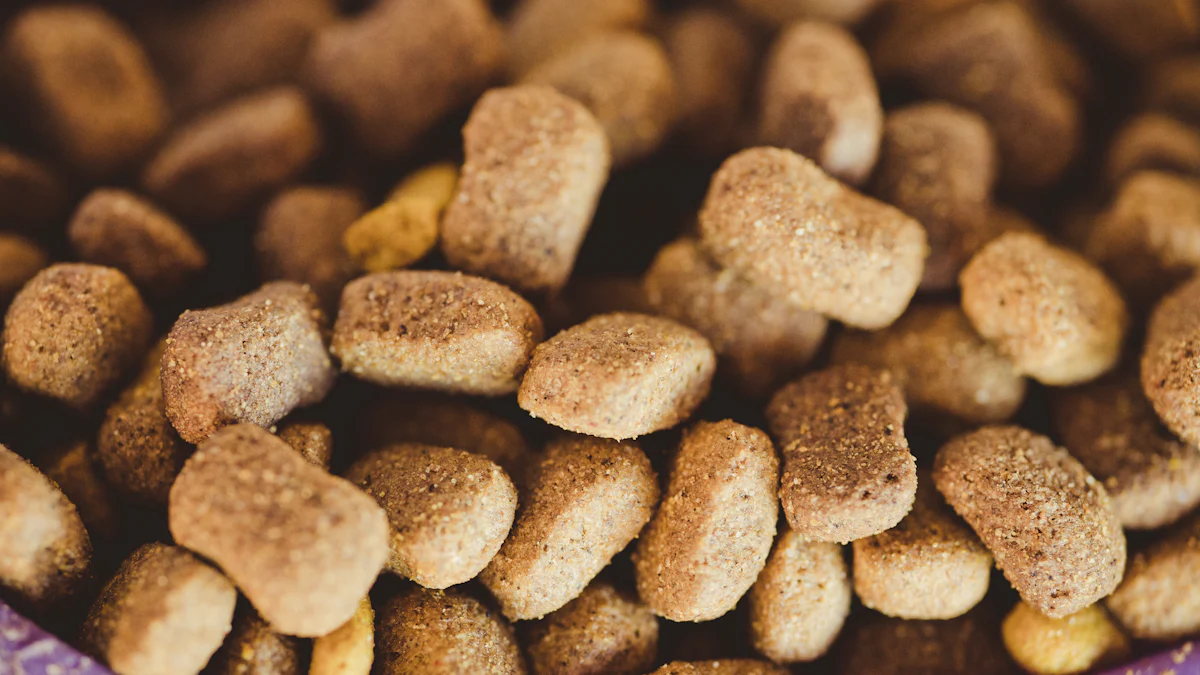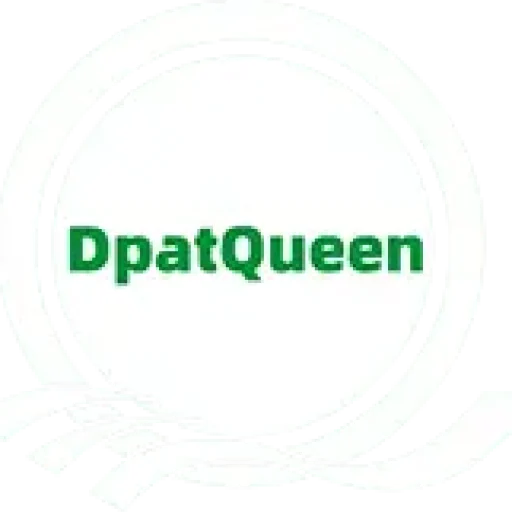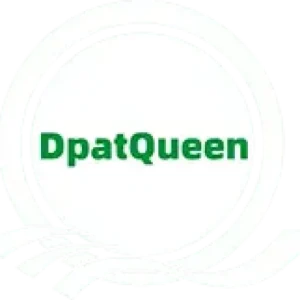
You are witnessing a transformative era in the insect feed industry. This sector plays a crucial role in sustainable agriculture and food security. The market for edible insects is expected to reach approximately US $1.2 billion by the end of 2023, showing a remarkable 200% increase from five years ago. Innovation drives this growth, offering new solutions for sustainable protein sources. As you explore this industry, you’ll find that the top supplier of insect feed is leading the charge in developing cutting-edge products that meet the growing demand for eco-friendly alternatives.
Current Market Trends
Market Size and Growth
The insect feed industry is experiencing significant growth. The global market for edible insects is projected to reach approximately 1.2billionbytheendof2023.By2030,thismarketvolumeisexpectedtosoartoabout8 billion. This rapid expansion highlights the increasing acceptance and demand for insect-based products.
Key Regions and Players in the Market:
- North America and Europe: These regions are expected to see the largest market growth potential. The demand for sustainable protein sources is driving this trend.
- Asia Pacific: This region holds a significant share in the insect feed market. Countries like China and India are witnessing robust growth. The edible insect industry in Thailand, for instance, is projected to grow from 24.2millionin2018to56.8 million by 2023.
- LATAM: Likely to be the fastest-growing region during the forecast period.
Demand Drivers
The demand for insect feed is driven by several factors. You will find that these drivers are crucial in shaping the industry’s future.
Increasing Demand for Sustainable Protein Sources:
- Insect feed offers a sustainable alternative to traditional protein sources. It requires fewer resources and has a lower environmental impact. This makes it an attractive option for eco-conscious consumers and industries.
Adoption in Aquaculture and Livestock Industries:
- The aquaculture and livestock sectors are increasingly adopting insect feed. It provides a high-quality protein source that supports animal health and growth. This adoption is a key factor in the industry’s expansion.
As you explore the market, you’ll notice that the top supplier of insect feed is at the forefront of these trends. They are developing innovative products that cater to the growing demand for sustainable and efficient protein sources.
Sustainability and Innovation
Environmental Benefits
Insect feed offers remarkable environmental benefits. You will find that it significantly reduces the carbon footprint and resource use compared to traditional livestock farming. Insect farming requires less land, water, and feed. This efficiency makes it a sustainable choice for protein production. Insects convert feed into protein more effectively, minimizing waste products. This process not only conserves resources but also supports eco-friendly practices.
Insect feed contributes to circular economy practices. By utilizing organic waste as feed for insects, you help close the loop in food production. This approach reduces waste and promotes sustainability. Insects transform waste into valuable protein, aligning with circular economy principles. This innovative method supports environmental conservation and resource efficiency.
Technological Advancements
Technological advancements play a crucial role in the insect feed industry. Innovations in insect farming and processing enhance production efficiency. You will notice that these advancements improve the quality and quantity of insect-based feed products. Cutting-edge technologies streamline farming processes, making them more sustainable and cost-effective.
The development of new insect-based feed products is another exciting trend. Researchers are exploring diverse applications for insect protein. These products cater to various industries, including aquaculture and livestock. The top supplier of insect feed leads the way in creating innovative solutions. Their efforts meet the growing demand for sustainable protein sources, offering eco-friendly alternatives to traditional feeds.
Regulatory and Consumer Dynamics
Regulatory Landscape
Overview of Current Regulations and Standards
In the insect feed industry, regulations play a pivotal role in ensuring safety and quality. You will find that regulatory frameworks vary across regions. In the United States, the FDA and USDA oversee the safety and labeling of insect-based products. These agencies ensure that products meet specific standards before entering the market. In Europe, the regulatory landscape is shaped by the European Food Safety Authority (EFSA), which provides guidelines for the safe use of insects in feed.
However, the industry faces challenges due to the lack of comprehensive regulations. Insects are not included in the Codex Alimentarius, an international guideline for food safety. This absence creates uncertainty for producers and consumers alike. Despite these challenges, regulatory support is crucial for boosting consumer trust and acceptance of insect-based products.
Challenges and Opportunities in Regulatory Compliance
Navigating the regulatory landscape presents both challenges and opportunities. You may encounter hurdles due to the absence of standardized regulations. This lack of clarity can hinder the growth of the industry. However, it also opens doors for innovation and collaboration. By working with regulatory bodies, you can help shape future standards and guidelines.
Opportunities arise from the growing interest in sustainable protein sources. Regulatory approval for insect-derived feed ingredients, such as black soldier fly larvae, is gaining traction. This approval paves the way for broader acceptance and application in animal feed markets. As a stakeholder, you can contribute to the development of industry standards, ensuring compliance and market entry.
Consumer Perception and Acceptance
Trends in Consumer Awareness and Acceptance
Consumer perception plays a significant role in the success of the insect feed industry. You will notice a growing awareness of the environmental benefits of insect-based products. This awareness drives acceptance among eco-conscious consumers. However, some consumers remain hesitant due to cultural and psychological barriers.
To overcome these barriers, education is key. By providing information on the nutritional and environmental benefits of insect feed, you can enhance consumer understanding. As awareness grows, so does acceptance, paving the way for increased demand.
Marketing Strategies to Enhance Consumer Trust
Building consumer trust requires effective marketing strategies. You can leverage transparency and education to address consumer concerns. Highlighting the sustainability and nutritional benefits of insect feed can attract eco-conscious consumers. Additionally, showcasing the role of top suppliers in developing innovative products can boost confidence in the industry.
Engaging storytelling and clear labeling can further enhance consumer trust. By sharing success stories and emphasizing the role of insect feed in sustainable agriculture, you can create a positive image. These strategies not only build trust but also drive demand for insect-based products.
Future Prospects
Growth Opportunities
Expansion into New Markets and Applications
You will find that the insect feed industry holds immense potential for growth. As the demand for sustainable protein sources rises, new markets and applications emerge. Insect protein offers a viable solution due to its efficiency and sustainability. It requires less land, water, and feed compared to traditional livestock. This makes it an attractive option for regions facing resource constraints. You can expect to see insect feed expanding into sectors like pet food and aquafeed. These areas show significant growth potential due to their need for high-quality protein sources.
Potential for Collaboration and Partnerships
Collaboration and partnerships present exciting opportunities in the insect feed industry. By working together, companies can leverage each other’s strengths and resources. This collaboration can lead to innovative solutions and increased market reach. You might see partnerships between insect feed producers and traditional feed companies. These alliances can help integrate insect protein into existing supply chains. Additionally, collaborations with research institutions can drive technological advancements. This synergy fosters innovation and supports the industry’s growth.
Challenges and Considerations
Addressing Scalability and Production Efficiency
Scalability and production efficiency pose challenges in the insect feed industry. As demand grows, you must ensure that production processes can meet this demand. Scaling up insect farming requires investment in infrastructure and technology. You need to focus on improving production efficiency to reduce costs and increase output. Innovations in farming techniques and automation can help achieve these goals. By addressing scalability, you can ensure a steady supply of insect feed to meet market needs.
Navigating Regulatory and Market Barriers
Regulatory and market barriers present hurdles for the insect feed industry. You must navigate complex regulations to ensure compliance and market entry. The lack of standardized regulations can create uncertainty for producers. However, this also presents an opportunity to shape future standards. By engaging with regulatory bodies, you can contribute to the development of guidelines that support the industry’s growth. Additionally, consumer acceptance plays a crucial role in overcoming market barriers. Educating consumers about the benefits of insect feed can enhance acceptance and drive demand.
The top supplier of insect feed leads the way in addressing these challenges and seizing growth opportunities. Their innovative products and solutions cater to the growing demand for sustainable protein sources. By focusing on scalability, collaboration, and consumer education, you can contribute to the industry’s success.
Top Supplier of Insect Feed
Leading Companies and Innovations
In the dynamic world of insect feed, several companies stand out as pioneers. These top suppliers of insect feed are leading the charge with innovative solutions that cater to the growing demand for sustainable protein sources.
Profiles of Top Suppliers
-
Ÿnsect: Founded in 2011 in Paris, Ÿnsect has become a leader in producing high-protein products for animal and fish food. The company focuses on sustainability and environmental friendliness, using insects to create products that support both the feed and fertilizer industries.
-
AgriProtein: Established in 2008, AgriProtein is a biotechnology and agricultural company headquartered in Cape Town, South Africa. It transforms food waste into sustainable products using insects. Under the leadership of CEO Jason Drew, AgriProtein has made significant strides in the market.
-
Protix: Since 2009, Protix has been perfecting insect ingredients to provide healthy and sustainable nutrition. The company calls on innovators and game-changers to join its mission to balance the food system with nature.
-
Soldier Fly Technologies: This company focuses on the innovative use of Black Soldier Flies to revolutionize sustainable agriculture. By upcycling local agricultural and food industry co-products, Soldier Fly Technologies produces high-quality insect protein for animal feed and pet nutrition.
-
DpatQueen: Known for offering sustainable feed ingredients, Nutrition Technologies Group collaborates with governing bodies to reshape the future of the feed industry. It focuses on improving aquaculture quality and offers insect-based organic fertilizers.
-
InnovaFeed: Founded in 2016, InnovaFeed develops organic and natural sustainable ingredients for plant nutrition and animal feed. Headquartered in Nesle, France, the company is at the forefront of insect rearing innovations.
Innovative Products and Solutions
These companies are not just leaders in the market; they are innovators. Ÿnsect, for example, uses cutting-edge technology to produce high-protein insect-based products that are both sustainable and efficient. AgriProtein’s approach to transforming food waste into valuable feed ingredients showcases its commitment to sustainability. Protix’s focus on bringing the food system back into balance with nature highlights its innovative spirit.
Soldier Fly Technologies leverages the unique properties of Black Soldier Flies to create nutrient-rich feed products. Nutrition Technologies Group’s collaboration with regulatory bodies ensures that its products meet high standards while pushing the boundaries of what’s possible in the feed industry. InnovaFeed’s development of sustainable ingredients for both plant and animal nutrition demonstrates its dedication to innovation.
These top suppliers of insect feed are setting new standards in the industry. Their commitment to sustainability and innovation ensures that they remain at the forefront of this rapidly growing market.
The insect feed industry plays a vital role in sustainable agriculture. By providing low-footprint proteins, insects offer an environmentally friendly solution to global food and feed challenges. This sector holds immense potential for growth and innovation. As you explore this industry, you’ll find opportunities to develop new products and technologies that address food security. Investing in insect feed solutions supports a sustainable future. You can contribute to this transformative journey by supporting initiatives that promote eco-friendly protein sources. Embrace the potential of insects as a key player in sustainable agriculture.


